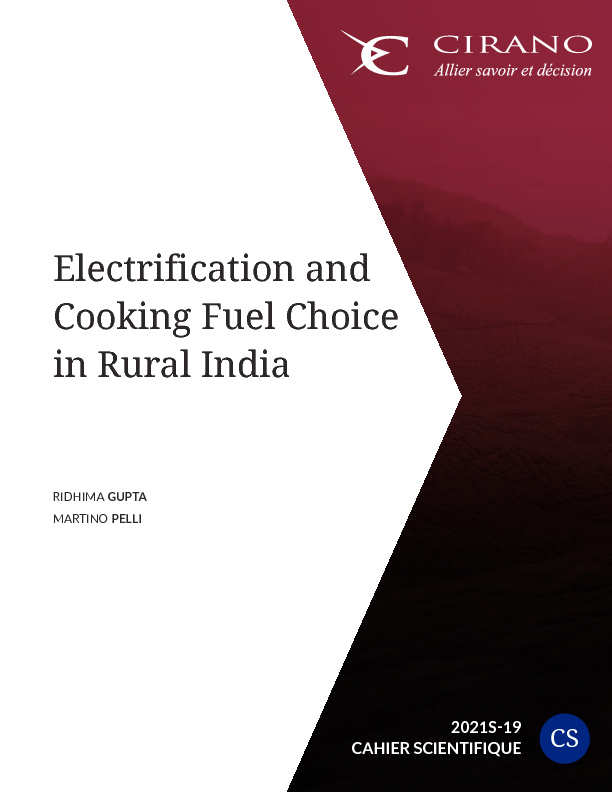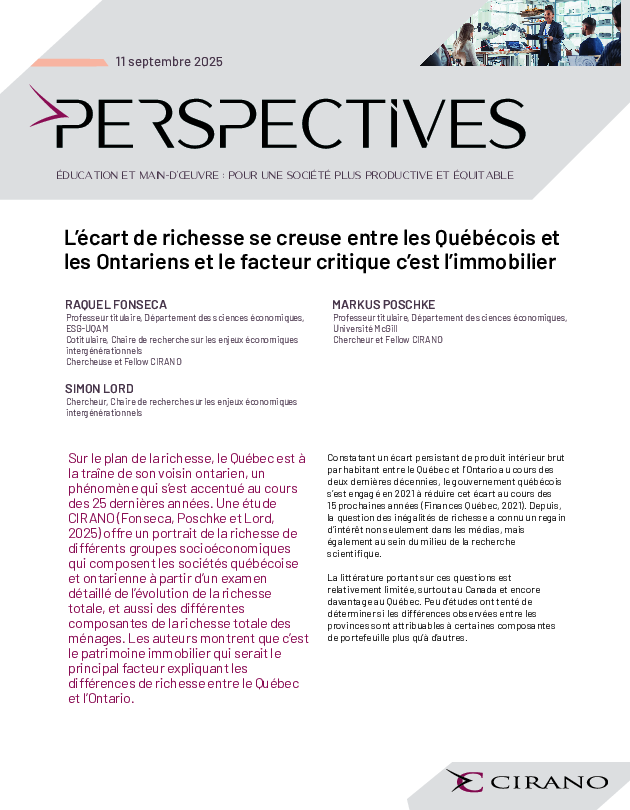Electrification and Cooking Fuel Choice in Rural India
This study investigates the causal link between electrification and the adoption of modern (and cleaner) cooking fuels, more specifically Liquefied Petroleum Gas (LPG). In order to correct for the potential endogeneity in the placement of electrical infrastructure, we exploit an instrumental variable approach. Our instrument interacts state-level supply shifts in hydroelectric power availability with the initial level of electrification of each district. The results are consistent with a choice set expansion under a fixed budget constraint. We find that electrification leads to an increase in the probability of adoption of (free) biomass fuels and a decrease in the probability of adoption of (costly) modern cooking fuels. These results are statistically significant only for the poorest households in our sample, while they become statistically insignificant when we move to richer households. The same is true for the share of expenditure in a specific fuel. These results seem to indicate that electrification, by creating an additional strain on households' finances, pushes them back on the energy ladder.




